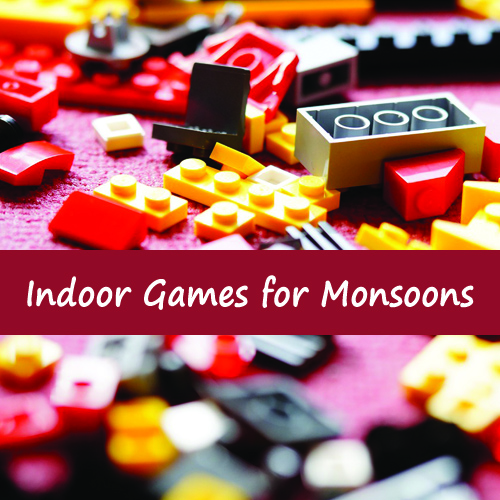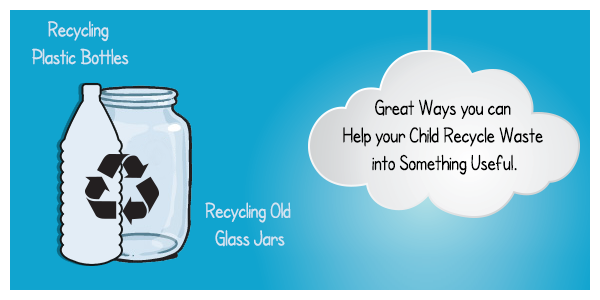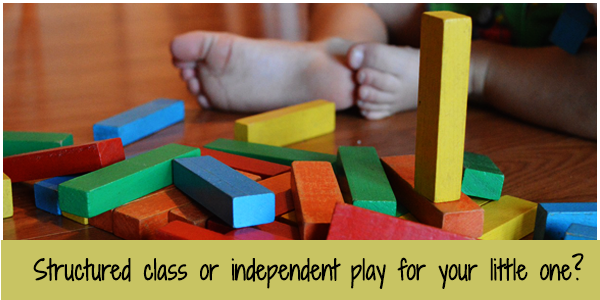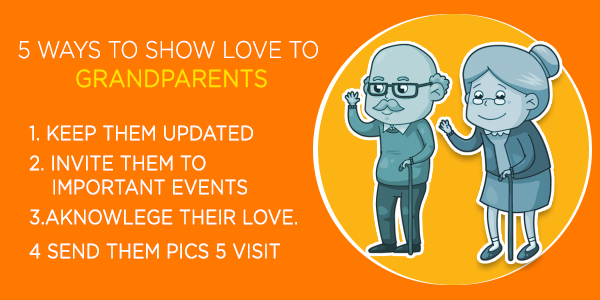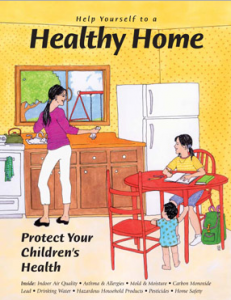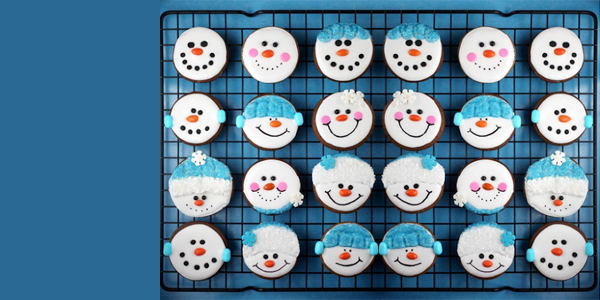Ever since my childhood, I had no desire to be near children, let alone bear a child one day. Growing up, I was the youngest and never had to deal with any children in my own family, unless we had visitors who brought their children along. And then too, my interaction with them were punctuated with awkward pauses. [Read more…]


